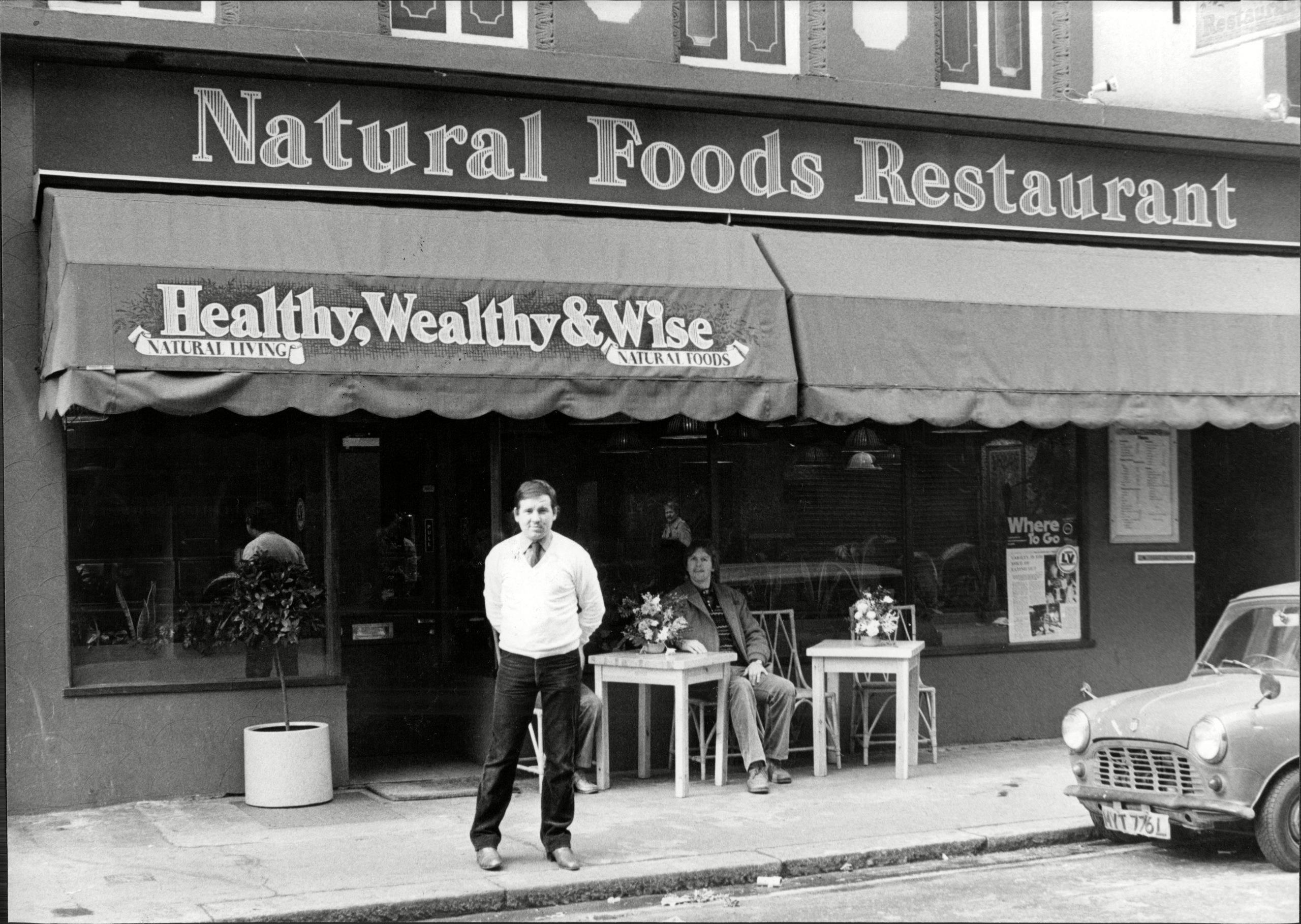Evidence of people choosing to avoid animal products can be traced back over 2,000 years.
As early as 500 BCE, Greek philosopher and mathematician, Pythagoras, promoted kindness to animals and followed what could now be described as a vegan and/or vegetarian diet.
Buddha also discussed alternative non-meat diets with his followers.
Fast forward to the 19th century, and the veganism movement is rising in popularity. William Lambe, a London physician, believed that a plant-based diet could cure “anything from tuberculosis to acne”.
Around the same time in the USA, inventor, Sylvester Graham created Sylvester Graham’s meatless Graham diet. This proved to be relatively successful.
A new name
It took until 1944 for the term ‘vegan’ to be coined. Six non-dairy vegetarians called a meeting to discuss different vegetarian diets and lifestyles.
This new group felt a more cohesive term was required to describe them rather than ‘non-dairy vegetarian.’ They believed ‘vegan’ was the most appropriate, and it stuck.
Into the 1960s, a vegetarian food movement began, which focused on diet, environment and the growing distrust of food producers.
In the 1980s, being vegan became trendy within the hardcore punk scene in the US and anarcho-punk in the UK. At the same time, the first International Vegan Festival was held in Denmark.
By 2005, 250,000 people identified as vegan in Britain, with a further two million in the USA.
In 2020, ethical veganism became a protected belief under the Equality Act 2010. This means that employers cannot discriminate against vegan people.
In 2022, there are an estimated 600,000 vegans in the UK and 19.6 million vegans in the USA.

